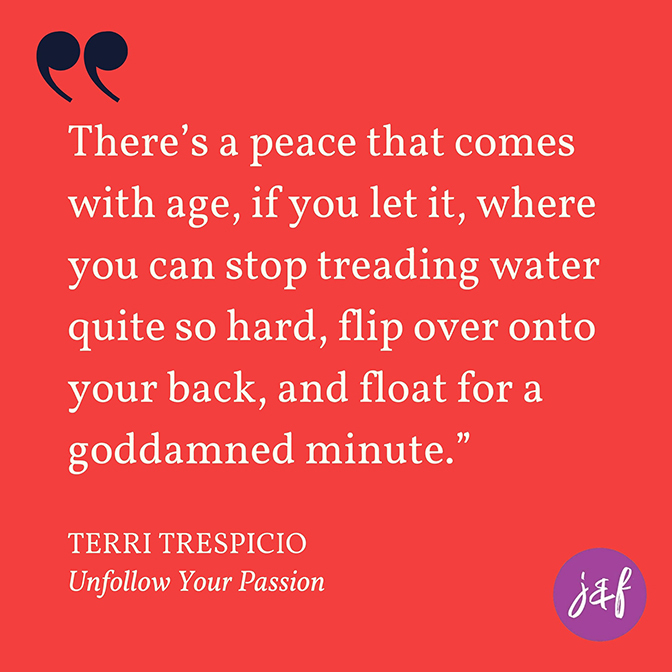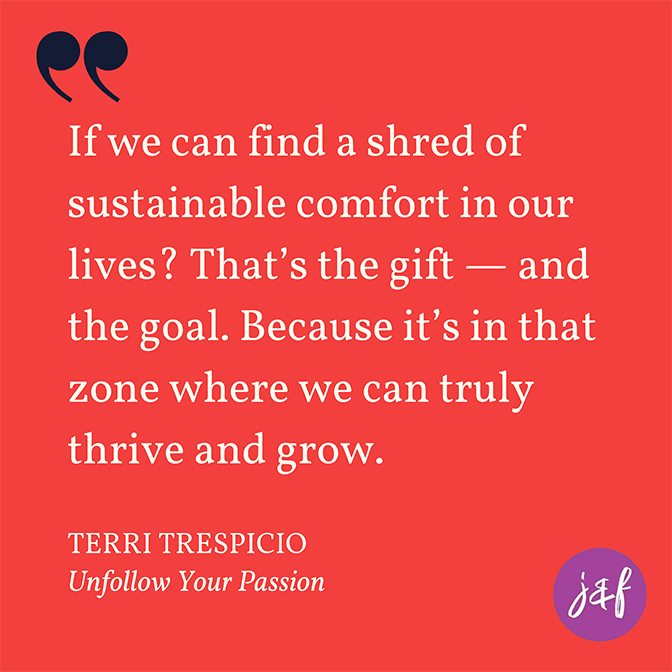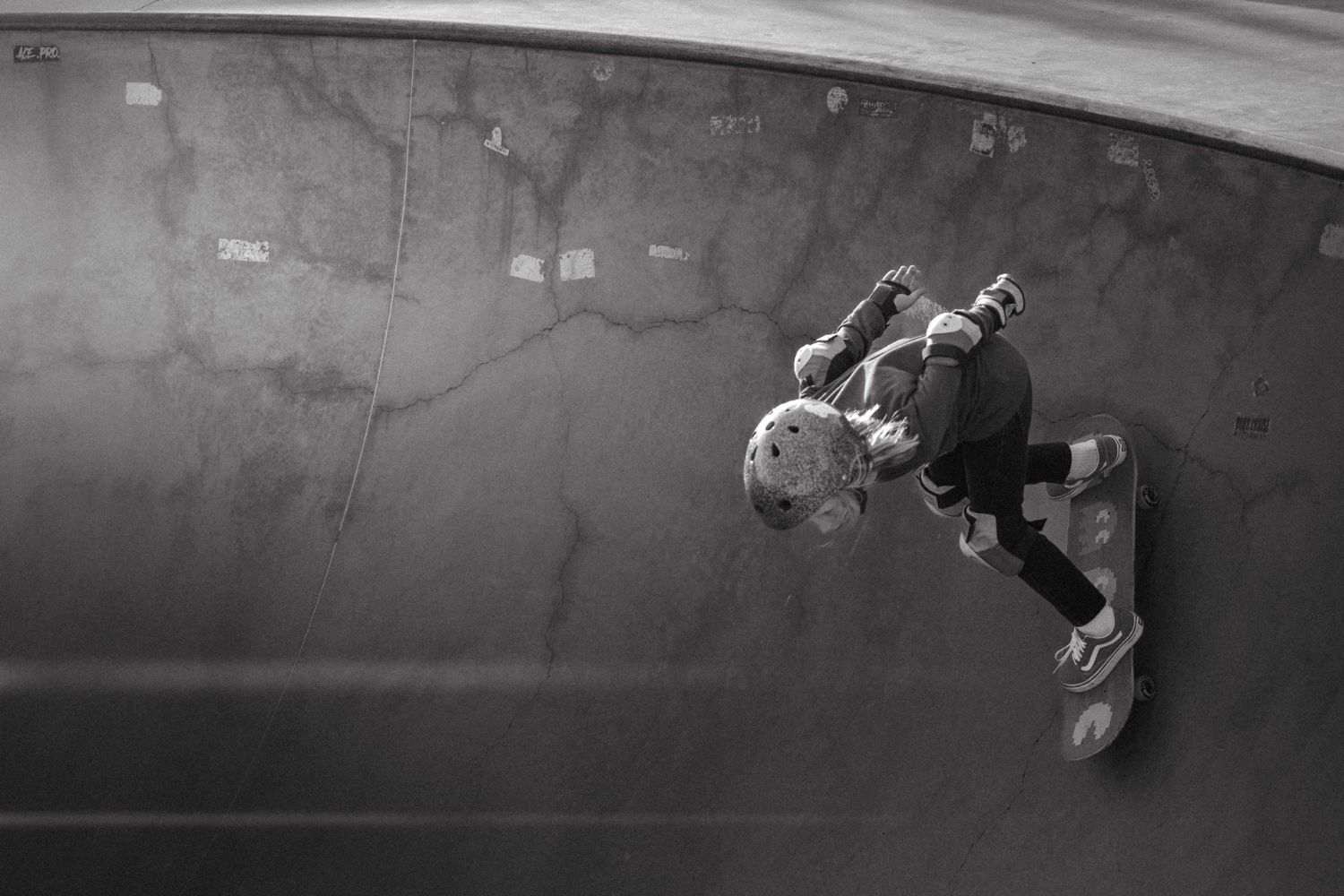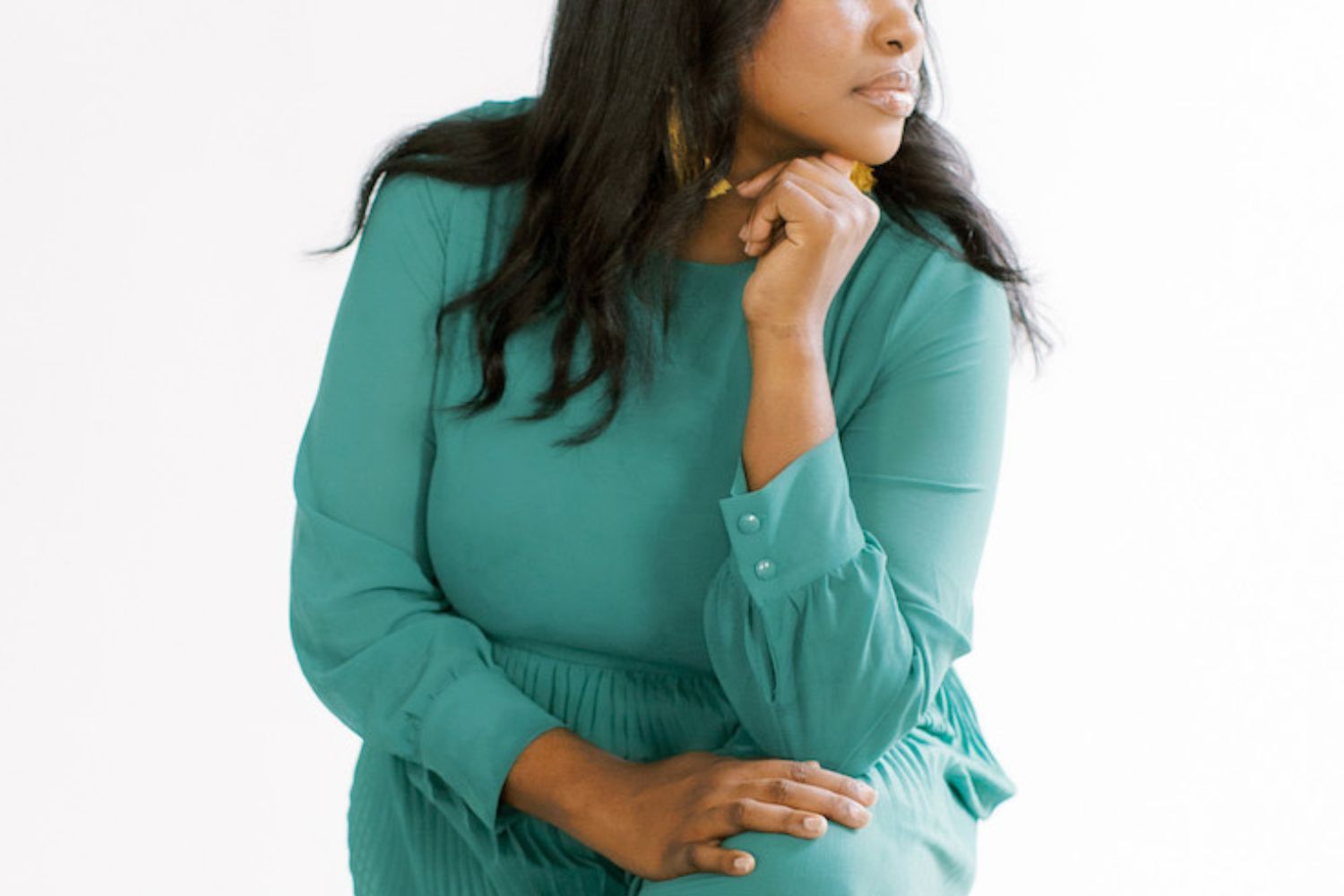Why ‘get out of your comfort zone’ is not helpful advice
I prefer to be warm. And dry. I like soft, flexible fabrics, ergonomic office chairs, and having my groceries delivered. I don’t aspire to roam the wilderness alone, explore sea caves, or leap from a bridge with a rope around my ankle. I’ll go out of my way not to get wet, or hurt, or yelled at.
In short, I like to be comfortable. I prioritize it, in fact.
And yet, we’re told, quite often, that we should be aiming for discomfort instead. Don’t tell me you haven’t come across a mug, a shirt, or an embroidered pillow that says “Life begins where your comfort zone ends.” A life coach, a podcaster, a Peloton instructor, someone, has told you that you not only need to leave the comfort zone, but in fact seek discomfort.
This implies that comfort is synonymous with complacency, contentedness, status quo. And it’s not. I’d like, once and for all, to disabuse you of this idea — and show you what actually contributes to thriving.
You were born uncomfortable
Every one of us is born into discomfort. And I mean from the very moment you were born. Being rudely spat out of the warmest, safest environment you would ever know and into the bright, cold, terrifying world, stark naked and soaking wet, was traumatic, and some say we never quite recover from it.
Early twentieth-century psychoanalyst Otto Rank (a member of Freud’s coterie) claimed, in his book The Trauma of Birth, that all of our anxieties spring from the devastation of being born — which is why we spend our lives trying to return to the womb in whatever way we can. Rank says the essential work of analysis is “allowing the patient to repeat with better success…the separation from the mother.” In case you wondered what you were doing on a couch for 45 minutes every Tuesday.
So it’s no surprise that we’ve sought whatever shred of comfort we can find — first at our mother’s breast, then in the arms and loving attention of whomever we could find. It’s why when things get real tough, we take to our beds and curl up into the fetal position under the swaddle of something we call a “comforter.”
I was lucky enough to be born into a comfortable home in suburban New Jersey, where we had central air conditioning and a fridge full of soda, and one of the very first VHS machines. I recognize that privilege.
But that doesn’t mean I have felt comfortable most of my life. I mean, have you? Of course not. Because comfort isn’t just about wealth or privilege (though clearly they play a role). Comfort is how you feel about where you are. Sure, we may aspire to a higher thread count or a roomier airline seat at some point, but what we want is to feel good about who and where we are. Right now.
Where the “seek discomfort” advice falls short
I understand the appeal, and reality, of facing discomfort — that growing or trying requires effort and risk. But aiming for discomfort misses the point. Of course we want to challenge ourselves and take risks and grow. But that’s not the same as seeking discomfort for its own sake, or because discomfort itself will deliver growth. Because it may not.
Discomfort is an experience, not a recipe. And deciding that only those who choose discomfort will live their best lives is just the kind of self-help porn that makes my eyes roll back in my head, and not in a good way.
In her 2021 docuseries Pretend It’s a City, Fran Lebowitz says this idea that we need to “challenge ourselves” causes people to do ridiculous things for all the wrong reasons. “Climbing mountains is a fake challenge,” she says. “You don’t have to climb a mountain….A challenge is something you have to do, not something you make up. I find real life challenging enough.”
Something doesn’t smell right about this
For women who’ve been around longer than 25, 30 years, we know that youth can be brutal, for lots of reasons, and that there’s good reason to grow out of it. I didn’t feel real relief until I hit 40, when I could finally ease up and realize, OK, this is who I am, this is my life, and I’m in charge. There’s a peace that comes with age, if you let it, where you can stop treading water quite so hard, flip over onto your back, and float for a goddamned minute. Don’t now tell me that if I were a real hero, and really wanted to live, I’d seek out white water every minute. Oh please go fuck yourself with that.
Does anyone else find it a little interesting that it’s just as we’re finally starting to get a sense of who we are and why that’s totally, one hundred percent OK, that we’re told we’re not uncomfortable enough? If I were a conspiracy person, I might think that this idea, like high heels and jeans you can’t breathe in, is a great way to keep women of any age from getting too comfy with the power they’re just starting to discover.

Why comfort is actually the goal
Fact is, we spend a good chunk of our lives, standing squarely outside our comfort zones, fumbling around in a panic for the goddamn key. If we can find a shred of sustainable comfort in our lives? That’s the gift — and the goal. Because it’s in that zone where we can truly thrive and grow.
In their popular Harvard Business Review article, “The Feedback Fallacy,” Marcus Buckingham and Ashley Goodall set out to discover what helps employees actually thrive. And turns out, traditional feedback isn’t nearly as effective as we think. Pointing out flaws? Not only is it wildly uncomfortable, it’s also profoundly unhelpful. “Your brain responds to critical feedback as a threat and narrows its activity,” the authors say. It throws the sympathetic nervous system into high gear, activating the fight-or-flight response, which isn’t exactly where we do our best work.
What this means is that all the effort it takes to survive outside your comfort zone may not translate to growth. “We’re often told that the key to learning is to get out of our comfort zones, but these findings contradict that particular chestnut,” the authors write. “Take us very far out of our comfort zones, and our brains stop paying attention to anything other than surviving the experience.”
It’s only when we feel comfortable and safe, the authors say, that we can access our true potential: “It’s clear that we learn most in our comfort zones…It’s where we’re most open to possibility, most creative, insightful, and productive.”

What to do instead of making yourself uncomfortable:
- Notice where you are on the comfort spectrum. It can be easier to rationalize than to confront. So it may be time to give your comfort levels a look-see. Feel spread too thin, anxious, and ungrounded, the way I do when I have too many things happening and not enough downtime? You may need to contract a bit and bring the scope of your attention and activity down to size. Cancel a few things, stay home for a bit. Eat something good. Feel cramped, bored, stifled? That could mean things have gotten too tight or you’ve outgrown them; time to open up some windows and doors and bring new things in. Stretch your legs.
- Consider what level of comfort you’re aiming for next. While we can’t eliminate discomfort, we can decide what we want to become more comfortable doing. This is the reason I have done uncomfortable things, like perform stand-up comedy and ride a Peloton bike — not so that I could be uncomfortable, but so that I could get more comfortable doing them. What do you want to be more comfortable doing, and how can you do that in a way that feels right to you?
- Don’t be a hero. I make sure that I have comfort on both ends of an uncomfortable experience. Meaning: I don’t go in hungry or tired when I’m about to do something hard or scary. I take my anti-nausea meds, pack a Xanax, drink water, eat something to help me stomach what’s next. And, on the other side of the experience, I make sure I process what happened — inside my comfort zone. I try not to make any sweeping judgments of myself or others or even a situation in an adrenaline-addled, hungry, or tired state. I sleep on it.
- Don’t apologize. As for all the bros who think you’re not going hard enough or tough enough? They don’t know what it is to be you or what you need now, and it’s nuts to think they do. One thing I’ve learned is that as a grown-ass woman, I owe no one a defense, explanation, or apology for how I choose to live my life. No one’s living it but me, after all, and that means we all get to decide where we draw a line, and when we choose to move it.
Photograph by Modern Afflatus



